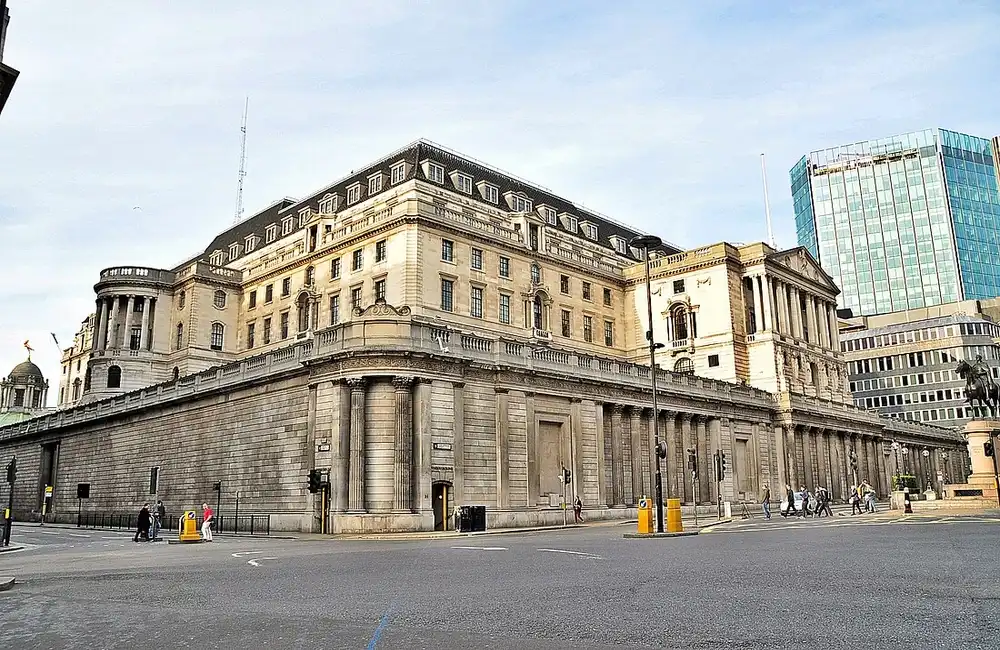The Prudential Regulation Authority (PRA) introduced proposed reforms to accelerate insurance sector investments.
These reforms present a significant chance to direct essential funding into vital infrastructure projects. Properly executing these proposed reforms can transform the industry landscape while stimulating economic growth and establishing the UK as a top infrastructure development leader.
What Are the Proposed Reforms?
The proposed reforms feature a new and innovative regulatory approval and capital allocation system. Insurers will be able to start investing in infrastructure projects even before they have received complete regulatory approval.
The historical process of securing regulatory clearances through administrative delays has hampered fund mobilisation. The novel approach addresses these bottlenecks, enabling insurers to rapidly allocate funds to areas of greatest demand, including sustainable energy projects, housing development, and transportation infrastructure.
The rationale behind these changes is clear. The PRA intends to stimulate insurers to allocate their large reserves into enduring projects through simplified investment pathways that will boost economic growth in the UK.
Potential Benefits for the Insurance Sector
The proposed reforms present substantial advantages for the insurance industry.
Opening New Investment Opportunities
Relaxing regulatory delays will provide insurers with expanded opportunities for investment, especially in infrastructure financing. Large-scale initiatives like renewable energy installations and urban redevelopment rely on long-duration financing matching insurers' liability profiles. The proposed reform measures will motivate insurers to arrange their investment portfolios to include high-yield stable investment options.
Supporting Green Energy and Large-Scale Projects
The UK's 2050 net-zero goal makes insurers' investment in green technologies and renewable energy infrastructure increasingly crucial. Insurers now have the opportunity to directly fund projects that meet environmental, social, and governance (ESG) objectives. The interplay between financial performance and social advantages solidifies industry sustainability over time.
Reducing Regulatory Hurdles
The PRA seeks to enhance agility in the insurance industry by allowing firms to make early investment decisions. Eliminating slow regulatory procedures will enable insurance companies to adjust their investment strategies to market demands while addressing economic needs and environmental priorities.
Impact on the UK Economy
The rapid movement of investments into infrastructure projects will produce significant economic effects across multiple sectors.
Catalysing Infrastructure Growth
Economic development frequently relies on infrastructure, especially large-scale initiatives including transport systems and renewable energy hubs along with digital technology advancements. Insurers will be able to become major funders more rapidly due to the PRA's proposal which can release suspended projects and stimulate new ones.
Job Creation and Economic Stimulation
Job creation occurs when infrastructure projects expand rapidly which leads to growth in labour-intensive fields like construction and technology sectors. The ripple effect from these developments would increase consumer spending which would help stimulate wider economic growth.
Strengthening Global Competitiveness
Through domestic capital investment in strong infrastructure systems the UK will boost its status as a leading global trade and investment center. The suggested reforms will make UK infrastructure initiatives more attractive to foreign investors because they display a solid commitment from local stakeholders.
Implications for Investors
The proposed alterations by the PRA open numerous investment opportunities while introducing complexities and risks that must be evaluated by investors.
Increased Access to Infrastructure Funds
The proposed reforms will provide institutional investors with improved access to infrastructure investment opportunities. Long-term, stable returns make infrastructure projects highly profitable when compared to traditional asset classes.
Early-Investment Risks
Making early investments before obtaining full regulatory approval exposes investors to potential risks. Insurers alongside their investment managers have to perform meticulous due diligence to validate project viability while responsibly handling exposure. Transparent frameworks alongside compliance measures will serve as essential tools for successfully navigating emerging investment challenges.
A Changing Investment Landscape
As reforms are expected to reshape investment strategies, investors need to maintain vigilance regarding evolving financial environments. Securing a competitive edge in change management requires staying informed about PRA updates and expert insights.
Strategic Outlook
These reforms promise to transform the UK financial sector by improving its long-term capability to direct funding into infrastructure projects.
Preparing for Adaptation
The insurance industry must enhance its ability to handle the new regulatory requirements. Organisations need to direct resources toward advanced risk management systems and enhance transparency while building specialised knowledge in future-focused industries such as renewable energy and digital infrastructure.
What Investors Should Watch
Investors must concentrate on fresh ESG openings and emerging compliance standards along with infrastructure project return trends to effectively harness these shifts. Individuals who adopt proactive strategies will be in an advantageous position to gain benefits when the reforms take effect.

















